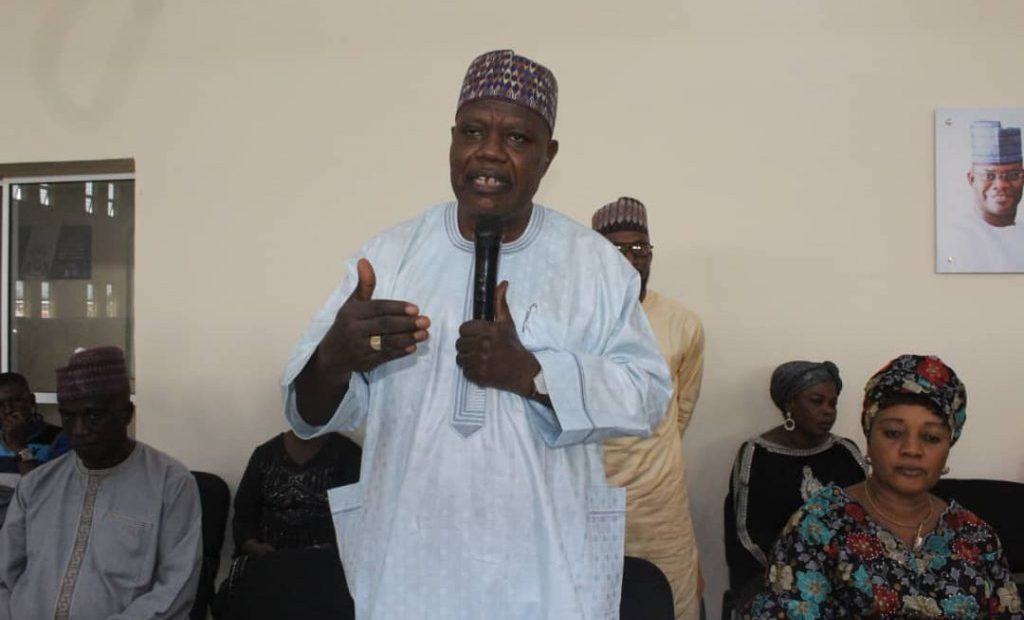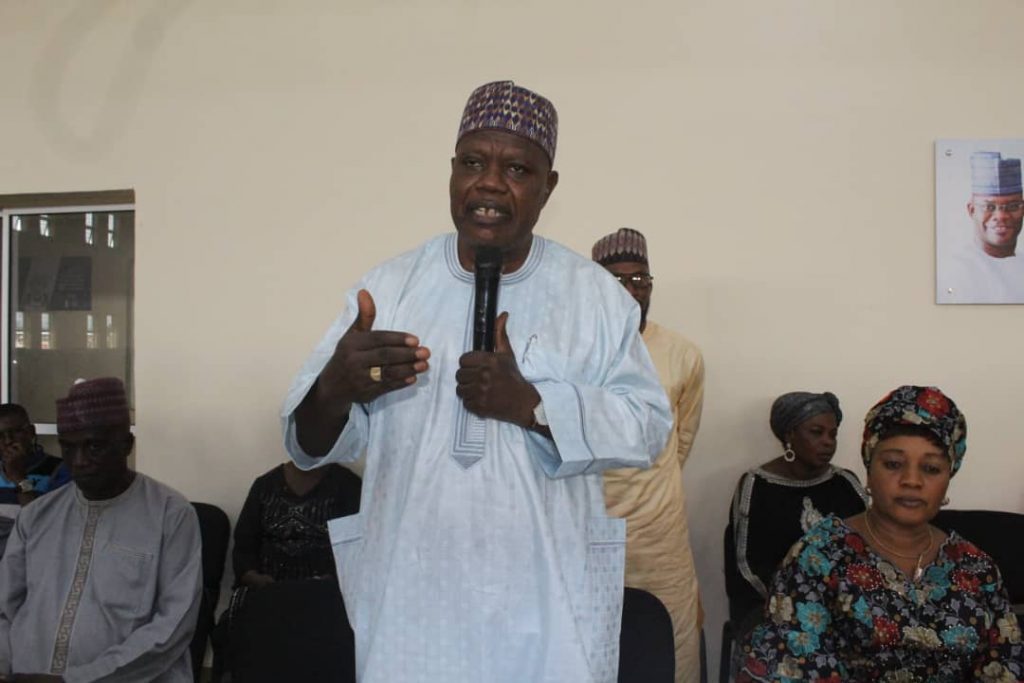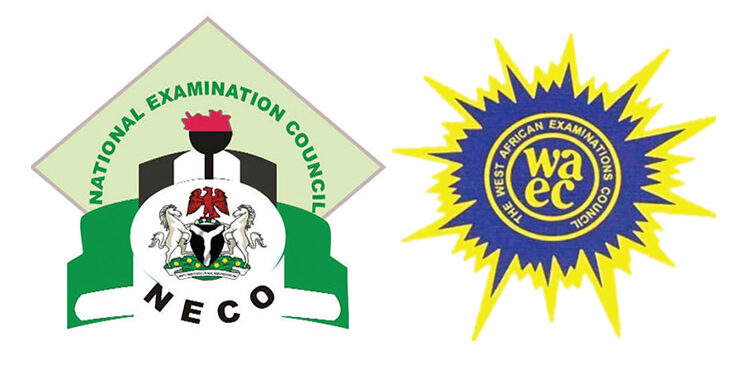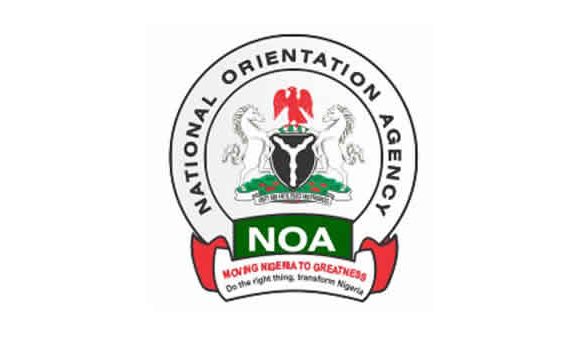New standards for senior secondary schools set for rollout in early 2026


The National Senior Secondary Education Commission has revealed that the rollout of the new national standards for senior secondary schools in Nigeria will be finalized within nine months.
These National Minimum Standards for Senior Secondary Education in Nigeria, which were created by the Commission, received approval at the 68th National Council on Education meeting that took place from October 7 to 10, 2024.
Following that, the documents were officially presented by the Minister of Education, Tunji Alausa, in February 2025.
While addressing participants at the launch of the 2025 Quality Assurance Monitoring and Evaluation Exercise for Senior Secondary Schools in Nigeria, held at the Federal Government College in Malali, Kaduna State, on Monday, the Executive Secretary of the Commission, Iyela Ajayi, stated that the program is aimed at reviewing and improving education quality in senior secondary schools across the country.
Ajayi acknowledged President Bola Tinubu’s strong dedication to Nigerians, pointing out the vital importance of education in realizing the country’s shared goals.
“We are committed to ensuring that every senior secondary school in the country provides a conducive learning environment that fosters academic excellence, critical thinking, and the development of well-rounded individuals,” he stated.
He emphasized that the Commission had established the National Minimum Standards for Senior Secondary Education in Nigeria, which are now recognized as the official benchmark for schools nationwide.
Ajayi mentioned again that the standards had been ratified during the 68th National Council on Education meeting and unveiled by the Minister of Education in February.
“Copies of the minimum standards were distributed to state delegates at the launch for implementation across the various states. The implementation is expected to be completed within nine months, after which the Commission will commence enforcement of the minimum standards,” he said.
The Executive Secretary said that the purpose of the initiative is to accomplish meaningful educational results through thorough supervision and evaluation, to recognize strengths and gaps, and to set measurable goals for responsibility and progress.
“The programme promotes best practices, empowers educators with constructive feedback and support, and enhances their skills to raise teaching quality and learner outcomes,” he added.
In his remarks, the Kaduna State Commissioner for Education, Muhammad Bello, voiced his appreciation that Kaduna was chosen as the starting point for the 2025 monitoring program. Speaking through the Director of the Kaduna State Schools Quality Assurance Authority, Usman Zaria, Bello pointed out that school supervision and assessment had been a missing piece in the state’s education efforts.
He emphasized that while the government has consistently allocated billions of naira to education, there has still been a shortfall in oversight and evaluation of schools. Bello gave his assurance that the Kaduna State Government will fully support the initiatives of the NSSEC in the state.









